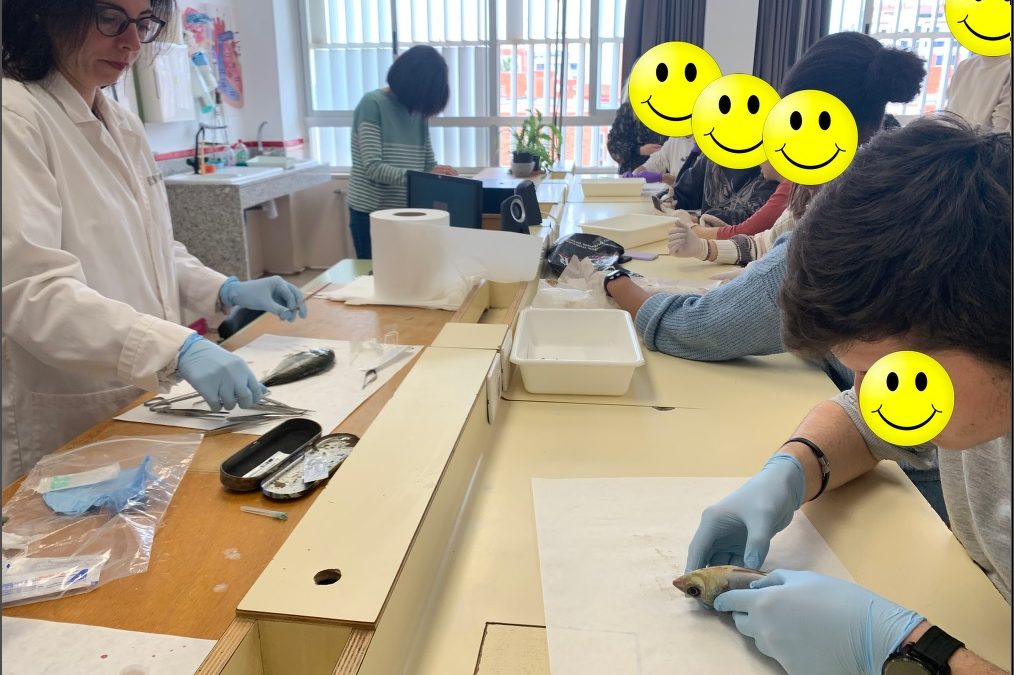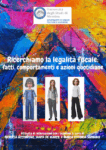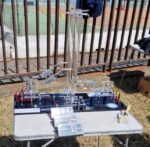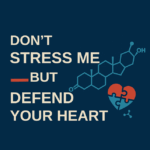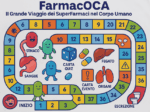Esther Leal Cebrián and Cinta Zapater Cardona motivated the students of Penyagolosa high School from Castelló to pursue higher studies in scientific careers. He stongly motivated the students, and showed the current research duties and details about their research. The students could perform a fish anatomy practice. Previously Esther and Alberto Ribes had visited Pío XII School.
With regard to their research work:
Esther Leal Cebrián:
Postdoctoral researcher in the Intake Control group
Torre de la Sal Aquaculture Institute (IATS-CSIC). Currently
develops a project as a principal researcher thanks to the
award of a grant from the Generalitat Valenciana whose project is the
characterization of asprosin, (a hormone whose mutations are the
responsible for Marfan syndrome, a rare tissue disease
which fundamentally affects the skeletal structure of
individuals) in fish and the study of their possible participation in
regulation of the energy balance. her research also
include the effects of stress on eating behaviour
important species in Mediterranean aquaculture such as sea bream and
sea bass
Cinta Zapater Cardona:
Postdoctoral researcher in the Department of Fish Physiology and Biotechnology of the Torre de la Sal Aquaculture Institute of the Superior Council for Scientific Research (IATS-CSIC). Their
research focuses on the study and understanding of
molecular, neuroendocrine and endocrine cell mechanisms
involved in the control of teleost reproduction.
Alberto Ribes Navarro:
Pre-doctoral student in the group of Auxiliary Species in
Aquaculture, Larviculture and Ecotoxicology at the Torre de la Sal Aquaculture Institute (IATS-CSIC). My research is
focuses on finding the presence of genes related to
synthesis of omega-3 fatty acids in gamarids. These animals are a
type of crustaceans that grow easily on any type of
substrate, and that can be fed from organic remains of
industries such as agriculture and aquaculture itself.
My main job goal is to find out if these animals have the
genes needed to produce omega-3 fatty acids, from
of the waste materials with which they have been fed, with the
aim to improve the sustainability of aquaculture.

